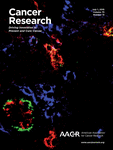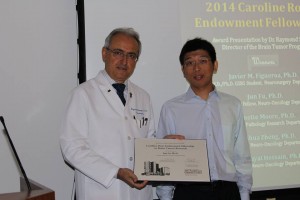 Another domino has fallen in a chain of retractions for Robert Weinberg, the man who discovered the first tumor-causing gene in humans, along with the first tumor suppressor gene: Cancer Research just retracted a paper of his on some of the molecular steps to metastasis.
Another domino has fallen in a chain of retractions for Robert Weinberg, the man who discovered the first tumor-causing gene in humans, along with the first tumor suppressor gene: Cancer Research just retracted a paper of his on some of the molecular steps to metastasis.
The paper, “Concurrent Suppression of Integrin α5, Radixin, and RhoA Phenocopies the Effects of miR-31 on Metastasis,” has been cited 70 times, according to Thomson Scientific’s Web of Knowledge. As we have noted before, Weinberg’s papers are frequently highly cited. His bio at the Whitehead Institute bills him as “a pioneer in cancer research.”
Four of Weinberg’s retracted papers — including this latest — share a first author: Scott Valastyan, once a very promising grad student in Weinberg’s lab.
This retraction, like Valastyan’s others, is linked to his retracted 2009 Cell paper. (That paper was cited 482 times, and there’s even a video from the Cell press office to go with it). Continue reading Cancer Research retraction is fifth for Robert Weinberg; fourth for his former student







